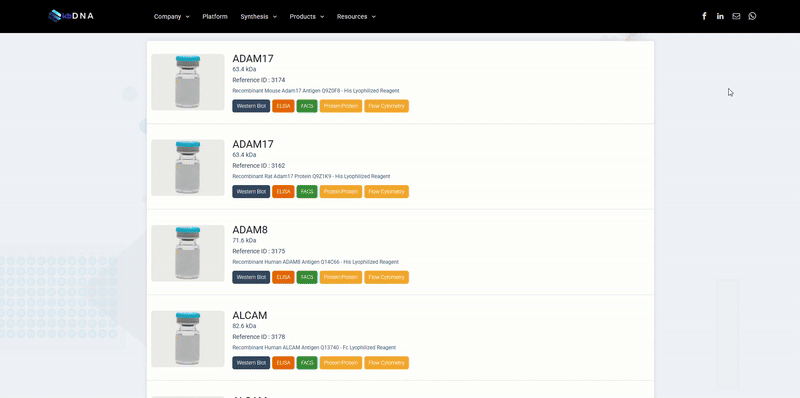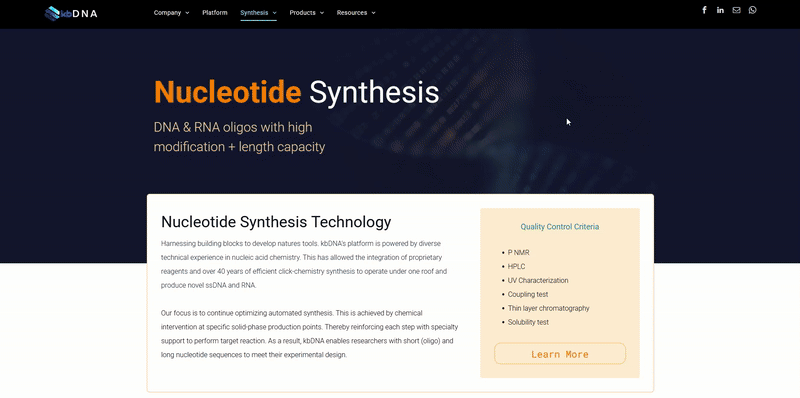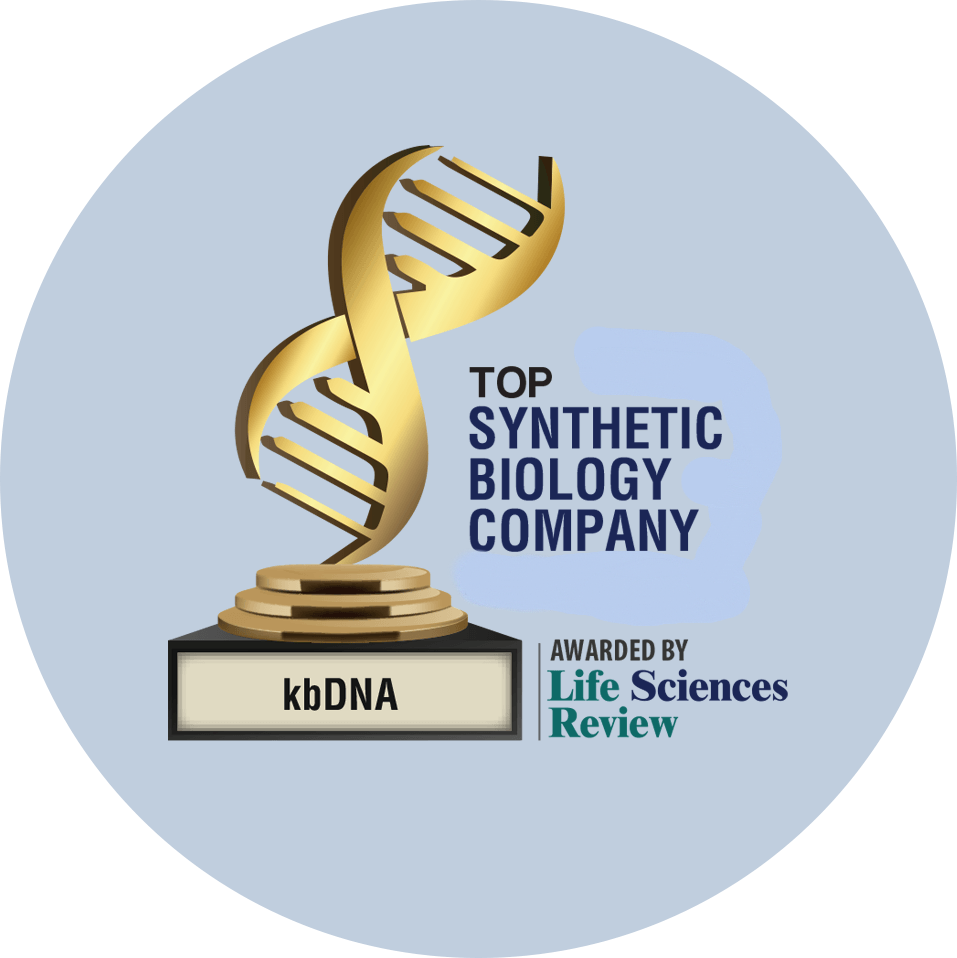Galectin-9
Recombinant ID:
3786
Request Datasheet
Gene of Interest
Gene Synonyms:
Protein Names:
Accession Data
Organism:
Homo sapiens (Human)
Mass (kDa):
39518
Length (aa):
355
Sequence:
MAFSGSQAPYLSPAVPFSGTIQGGLQDGLQITVNGTVLSSSGTRFAVNFQTGFSGNDIAFHFNPRFEDGGYVVCNTRQNGSWGPEERKTHMPFQKGMPFDLCFLVQSSDFKVMVNGILFVQYFHRVPFHRVDTISVNGSVQLSYISFQNPRTVPVQPAFSTVPFSQPVCFPPRPRGRRQKPPGVWPANPAPITQTVIHTVQSAPGQMFSTPAIPPMMYPHPAYPMPFITTILGGLYPSKSILLSGTVLPSAQRFHINLCSGNHIAFHLNPRFDENAVVRNTQIDNSWGSEERSLPRKMPFVRGQSFSVWILCEAHCLKVAVDGQHLFEYYHRLRNLPTINRLEVGGDIQLTHVQT
Proteomics (Proteome ID):
Galectin-9 (Gal-9) (Ecalectin) (Tumor antigen HOM-HD-21)
Proteomics (Chromosome):
UP000005640
Mass Spectrometry:
N/A
Function [CC]:
Binds galactosides (PubMed:18005988). Has high affinity for the Forssman pentasaccharide (PubMed:18005988). Ligand for HAVCR2/TIM3 (PubMed:16286920). Binding to HAVCR2 induces T-helper type 1 lymphocyte (Th1) death (PubMed:16286920). Also stimulates bactericidal activity in infected macrophages by causing macrophage activation and IL1B secretion which restricts intracellular bacterial growth (By similarity). Ligand for P4HB; the interaction retains P4HB at the cell surface of Th2 T-helper cells, increasing disulfide reductase activity at the plasma membrane, altering the plasma membrane redox state and enhancing cell migration (PubMed:21670307). Ligand for CD44; the interaction enhances binding of SMAD3 to the FOXP3 promoter, leading to up-regulation of FOXP3 expression and increased induced regulatory T (iTreg) cell stability and suppressive function (By similarity). Promotes ability of mesenchymal stromal cells to suppress T-cell proliferation (PubMed:23817958). Expands regulatory T-cells and induces cytotoxic T-cell apoptosis following virus infection (PubMed:20209097). Activates ERK1/2 phosphorylation inducing cytokine (IL-6, IL-8, IL-12) and chemokine (CCL2) production in mast and dendritic cells (PubMed:24465902, PubMed:16116184). Inhibits degranulation and induces apoptosis of mast cells (PubMed:24465902). Induces maturation and migration of dendritic cells (PubMed:25754930, PubMed:16116184). Inhibits natural killer (NK) cell function (PubMed:23408620). Can transform NK cell phenotype from peripheral to decidual during pregnancy (PubMed:25578313). Astrocyte derived galectin-9 enhances microglial TNF production (By similarity). May play a role in thymocyte-epithelial interactions relevant to the biology of the thymus. May provide the molecular basis for urate flux across cell membranes, allowing urate that is formed during purine metabolism to efflux from cells and serving as an electrogenic transporter that plays an important role in renal and gastrointestinal urate excretion (By similarity). Highly selective to the anion urate (By similarity). {ECO:0000250|UniProtKB:O08573, ECO:0000250|UniProtKB:P97840, ECO:0000269|PubMed:16116184, ECO:0000269|PubMed:16286920, ECO:0000269|PubMed:18005988, ECO:0000269|PubMed:18977853, ECO:0000269|PubMed:20209097, ECO:0000269|PubMed:21670307, ECO:0000269|PubMed:23408620, ECO:0000269|PubMed:23817958, ECO:0000269|PubMed:24465902, ECO:0000269|PubMed:25578313, ECO:0000269|PubMed:25754930}.; Isoform 2: Acts as an eosinophil chemoattractant (PubMed:9642261). It also inhibits angiogenesis (PubMed:24333696). Suppresses IFNG production by natural killer cells (By similarity). {ECO:0000250|UniProtKB:O08573, ECO:0000269|PubMed:24333696, ECO:0000269|PubMed:9642261}.
Metal Binding:
N/A
Site:
N/A
Tissue Specificity:
Peripheral blood leukocytes and lymphatic tissues. Expressed in lung, liver, breast and kidney with higher levels in tumor endothelial cells than normal endothelium (at protein level) (PubMed:24333696). Expressed in trophoblast cells in decidua and placenta in pregnancy (at protein level) (PubMed:23242525, PubMed:25578313). Isoform 2 is the most abundant isoform expressed in endothelial cells (PubMed:24333696). Upon endothelial cell activation isoform 2 expression decreases while expression of isoform 3 and isoform 5 increases (PubMed:24333696). Isoform 4 decreases in pathological pregnancy (PubMed:23242525). {ECO:0000269|PubMed:23242525, ECO:0000269|PubMed:24333696, ECO:0000269|PubMed:25578313}.
Disease:
N/A
Mutagenesis:
N/A
Reagent Data
Name:
Galectin-9 (Gal-9) (Ecalectin) (Tumor antigen HOM-HD-21)
Class:
Subcategory:
Recombinant
Molecular Weight:
Source:
Species:
Human
Amino Acid Sequence:
Tag:
Format:
Lyophilized
Formulation:
Sterile-filtered colorless solution
Formulation Concentration:
1mg/ml
Buffer Volume:
Standard
Buffer Solution:
PBS
pH:
7.4-7.5
Stabilizers
NaCl:
Null
Metal Chelating Agents
EDTA:
Null
Purity:
> 98%
Determined:
SDS-PAGE
Stained:
Inquire
Validated:
RP-HPLC
Sample Handling
Storage:
-20°C
Stability:
This bioreagent is stable at 4°C (short-term) and -70°C(long-term). After reconstitution, sample may be stored at 4°C for 2-7 days and below -18°C for future use.
Preparation:
Reconstitute in sterile distilled H2O to no less than 100ug/ml; dilute reconstituted stock further in other aqueous solutions if needed. Please review COA for lot-specific instructions. Final measurements should be determined by the end-user for optimal performance.












